8 First Growing Fruits for Quick Harvest
Growing your own fruit can be one of the most rewarding gardening experiences. Not only do you get the satisfaction of producing fresh, healthy food right in your backyard, but it can also be cost-effective and environmentally friendly. However, for first-time gardeners, waiting years for fruit trees to mature can be discouraging. The good news is that some fruits are quicker to harvest and ideal for beginners. This guide will walk you through the best fast-growing fruits to plant for quick rewards and tips for successfully growing them.
Why Choose Quick-Harvest Fruits?
Fruit trees and plants often require patience, with many varieties taking several years before producing a significant yield. But not all fruits are created equal when it comes to maturity timelines. By choosing fast-growing fruit varieties, especially those that can be harvested within the first season or year, beginners can stay motivated and enjoy the fruits of their labor much sooner.
Here are several reasons why fast-growing fruits are great for beginners:
- Immediate gratification: Encouragement from early success keeps you engaged.
- Space-efficient: Many quick-harvest fruits can be grown in pots or small garden beds.
- Learning curve: These fruits are generally easier to manage and ideal for learning essential gardening skills.
- Better control: They allow you to quickly understand pest control, watering, and fertilization methods.
Top Fast-Growing Fruits for Quick Harvest
Below are some of the best fruits to grow if you’re looking for a relatively quick harvest.
-
Strawberries
- Time to Harvest: 3 to 6 months
- Growing Conditions: Full sun, well-draining soil
Strawberries are one of the quickest fruits to harvest and are perfect for first-time gardeners. Depending on the variety, strawberries can be harvested within just a few months of planting.
There are three main types:
- June-bearing: Produce one large crop in early summer.
- Everbearing: Two to three harvests per season.
- Day-neutral: Produce fruit continuously throughout the growing season.
Container-friendly and easy to maintain, strawberries are a great first fruit.
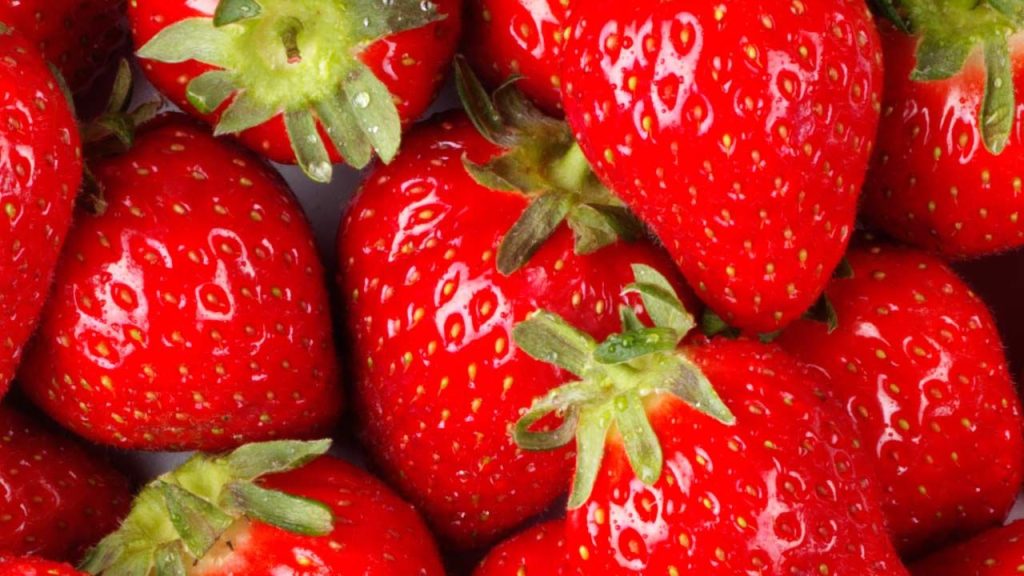
-
Raspberries
- Time to Harvest: As early as 4-6 months
- Growing Conditions: Full sun, rich soil with good drainage
Raspberries can produce fruit in their first year if you choose primocane varieties, which bear fruit on first-year canes. They’re relatively easy to grow and offer abundant harvests with minimal care.
Prune regularly, provide a support system, and ensure they receive adequate sunlight and water. Raspberries also spread quickly, so they can be a prolific addition to your garden in the long term. Click here
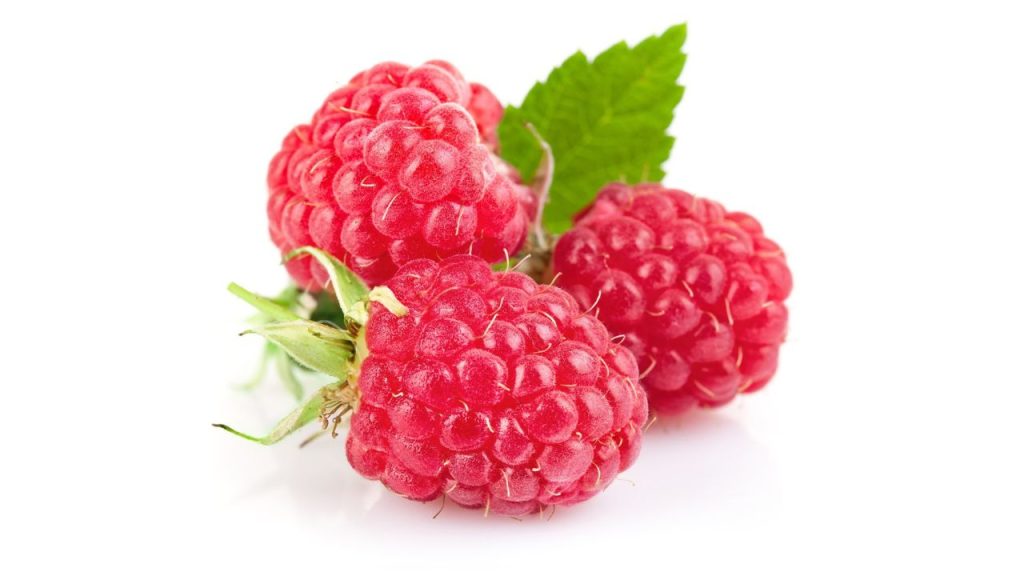
-
Blackberries
- Time to Harvest: 6-12 months
- Growing Conditions: Full sun, moist but well-drained soil
Similar to raspberries, blackberries can also be harvested relatively quickly when using primocane types. These fruits are sturdy, drought-tolerant once established, and low-maintenance.
They do well in home gardens or large containers and can yield plentiful harvests with basic support structures.
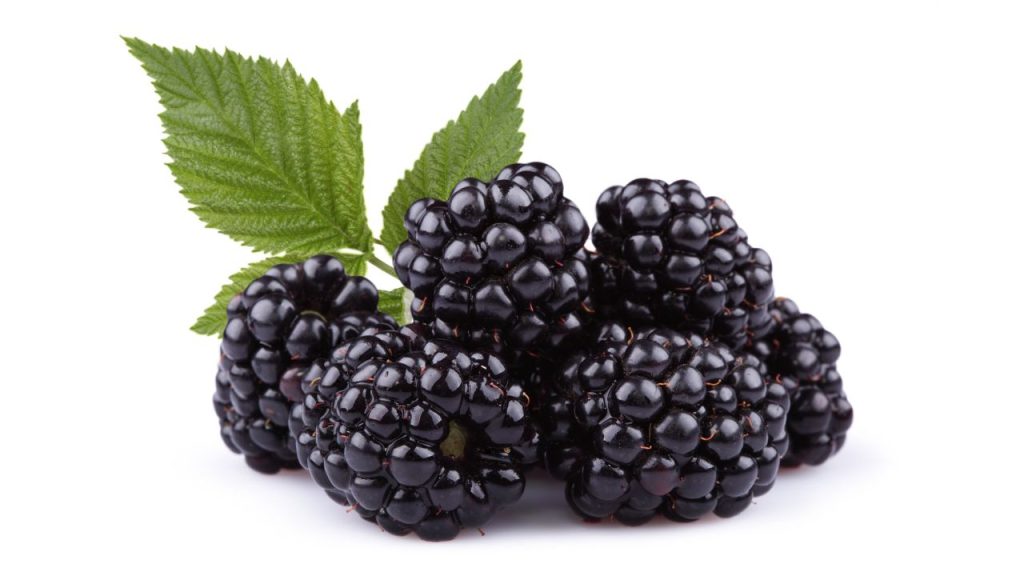
-
Tomatoes (Yes, They’re Fruits!)
- Time to Harvest: 60–85 days after planting seedlings
- Growing Conditions: Full sun, fertile and well-draining soil
Though often considered a vegetable, tomatoes are technically fruits. Fast-growing and high yielding, they’re a great confidence booster for beginners.
Cherry and grape tomato varieties are among the quickest to mature and produce clusters of sweet, juicy fruits perfect for snacking or salads.
Start from seedlings if you want a faster harvest. Keep them well-watered and support them with cages or stakes.
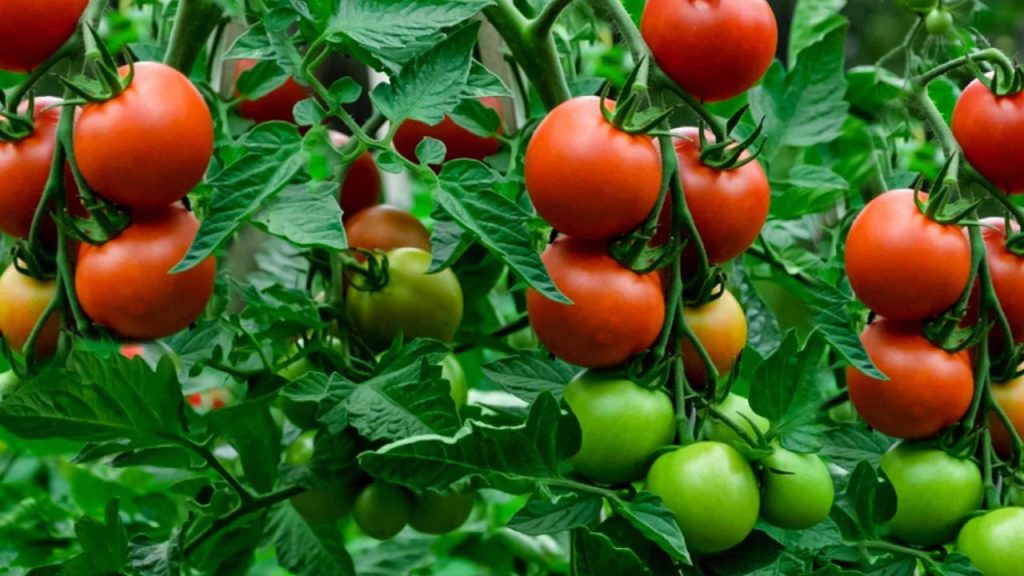
-
Figs
- Time to Harvest: 4–6 months from young trees
- Growing Conditions: Full sun, well-draining soil
Figs are surprisingly quick to fruit under the right conditions. If you purchase a small, established tree, you might see fruit in the first growing season.
Varieties like ‘Chicago Hardy’ or ‘Brown Turkey’ are well-suited for temperate and subtropical climates and can even be grown in large containers. Figs thrive in sunny spots and need minimal pruning.
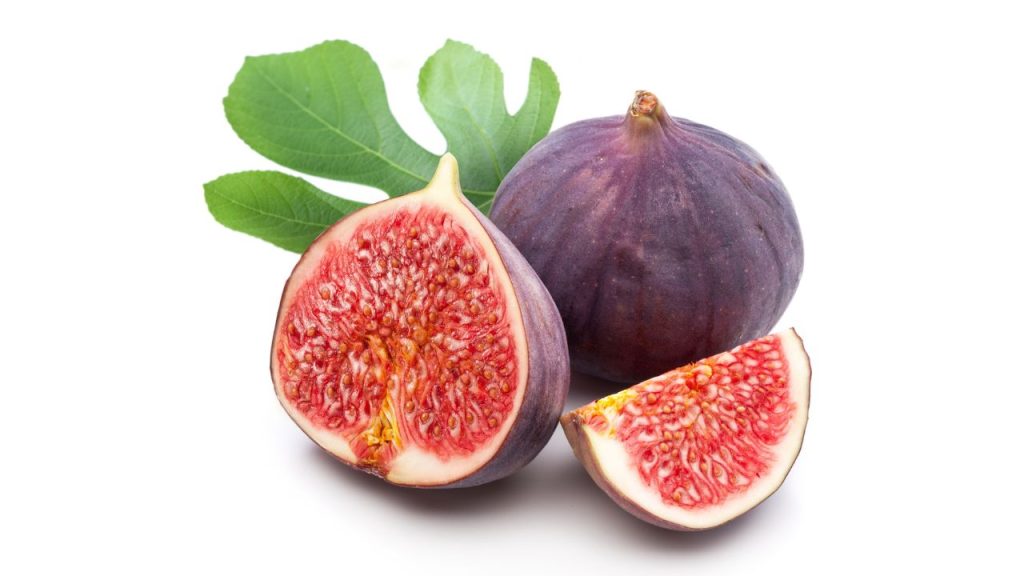
-
Dwarf Citrus Trees (Lemon, Lime, etc.)
- Time to Harvest: 6–12 months with grafted trees
- Growing Conditions: Full sun, well-draining soil
Citrus trees typically take a few years to fruit, but grafted dwarf varieties can produce fruit within the first year if well cared for. These compact trees are perfect for patios, balconies, or indoor growing with sufficient sunlight.
Popular options include:
- Meyer Lemon: Sweet, tangy fruit
- Key Lime: Perfect for cooking
- Calamondin Orange: Small, tart oranges
Water consistently and fertilize monthly during the growing season for best results.
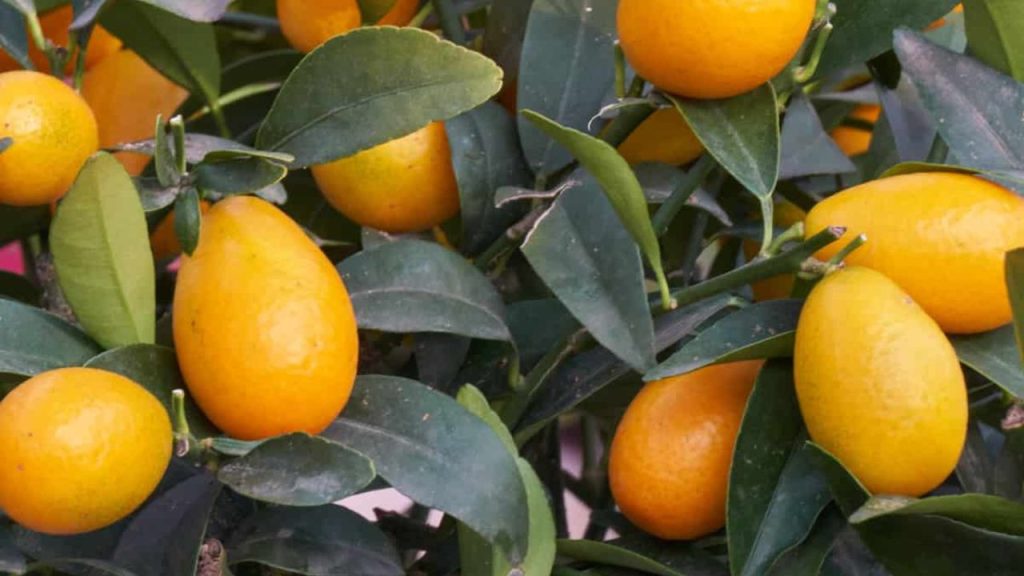
-
Mulberries
- Time to Harvest: 1 year
- Growing Conditions: Full sun, loamy or sandy soil
Mulberries are fast-growing trees that produce sweet berries resembling elongated blackberries. Some varieties, especially dwarf mulberries, can produce fruit within the first year.
They’re also quite hardy, pest-resistant, and productive. These trees grow quickly, so they require regular pruning if space is limited.
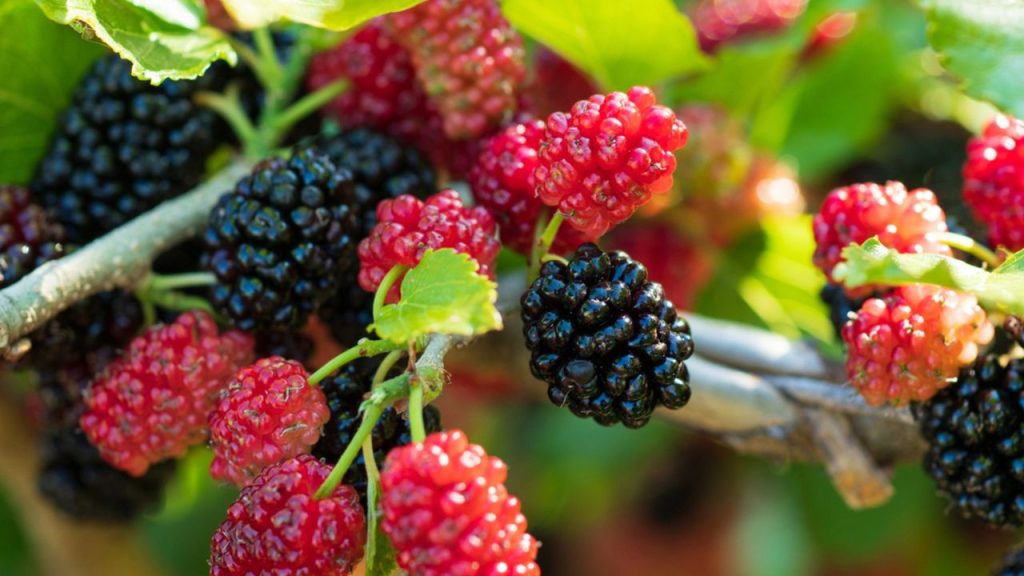
-
Melons (Cantaloupe, Watermelon)
- Time to Harvest: 70–100 days
- Growing Conditions: Full sun, warm climate, well-draining soil
Melons are annual fruits, meaning you plant and harvest them within one growing season. Varieties like cantaloupes and small watermelons (such as Sugar Baby) mature faster and are more manageable in small gardens.
They require ample space or trellising if grown vertically, and benefit from regular watering and warmth.
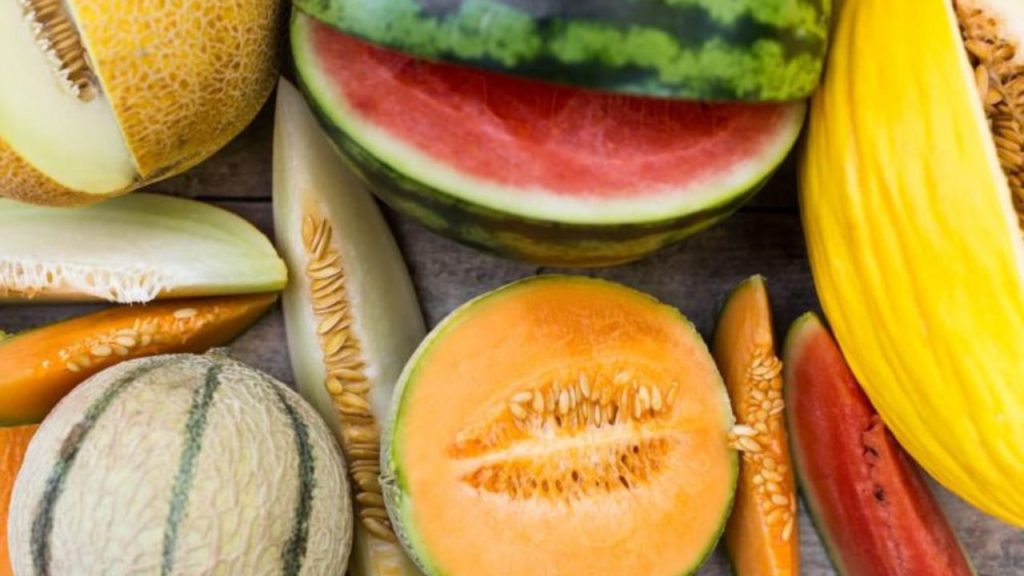
Tips for Success with Fast-Growing Fruits
-
Choose the Right Variety
Option for cultivars known for their early production. Check labels or ask local nurseries for “early-fruiting,” “dwarf,” or “primocane” varieties.
-
Start with Healthy Plants
Buying young, well-established plants or grafted trees instead of seeds can significantly reduce the time to harvest.
-
Use Containers Wisely
Many quick-growing fruits can be grown in containers, which is great for small spaces and control over soil conditions. Click here
-
Feed Your Plants
Fast-growing plants need plenty of nutrients. Use compost, organic matter, and balanced fertilizers to support rapid growth.
-
Water Consistently
Avoid letting your fruit plants dry out. Irregular watering can lead to poor fruit development or splitting.
-
Manage Pests and Diseases Early
Use natural pest deterrents like neem oil or companion planting (e.g., marigolds near tomatoes) to protect your plants.
-
Provide Support
Fruits like tomatoes, raspberries, and blackberries need structural support. Use trellises, cages, or stakes to keep plants upright and productive.
Mistakes to Avoid
- Overcrowding: Plants need space to breathe and grow.
- Neglecting sunlight: Most fruit plants need at least 6-8 hours of sun daily.
- Over-fertilizing: Too much nitrogen can lead to lush leaves but no fruit.
- Skipping pruning: Especially in berries and trees, it’s essential for productivity.
Conclusion
You don’t have to wait years to enjoy the fruits of your labor—literally. With the right fast-growing fruit plants and a bit of planning, even first-time gardeners can enjoy fresh, homegrown produce within the first year. Start small, choose beginner-friendly varieties, and focus on proper care. The sense of achievement from harvesting your first strawberries, tomatoes, or figs is hard to beat—and it’s just the beginning of your gardening journey.
Whether you have a backyard, balcony, or sunny windowsill, there’s a fruit that can flourish in your space. Start today, and soon you’ll be picking your own fresh, flavorful fruits straight from the plant.


Nice